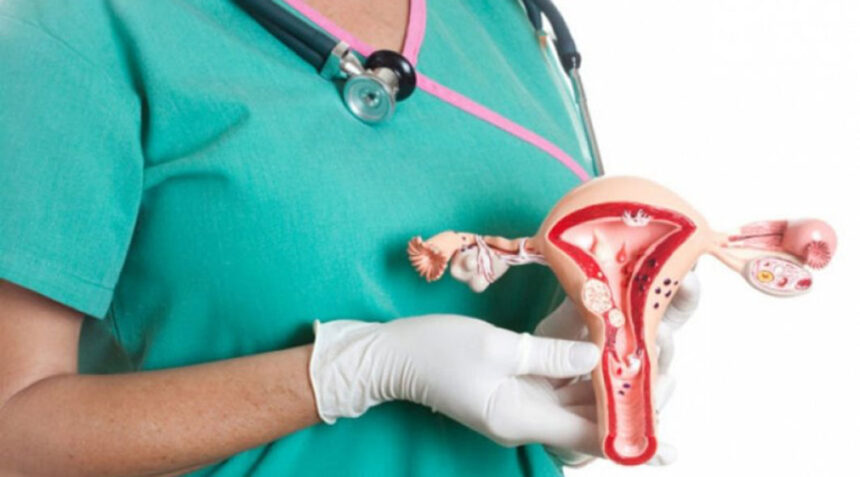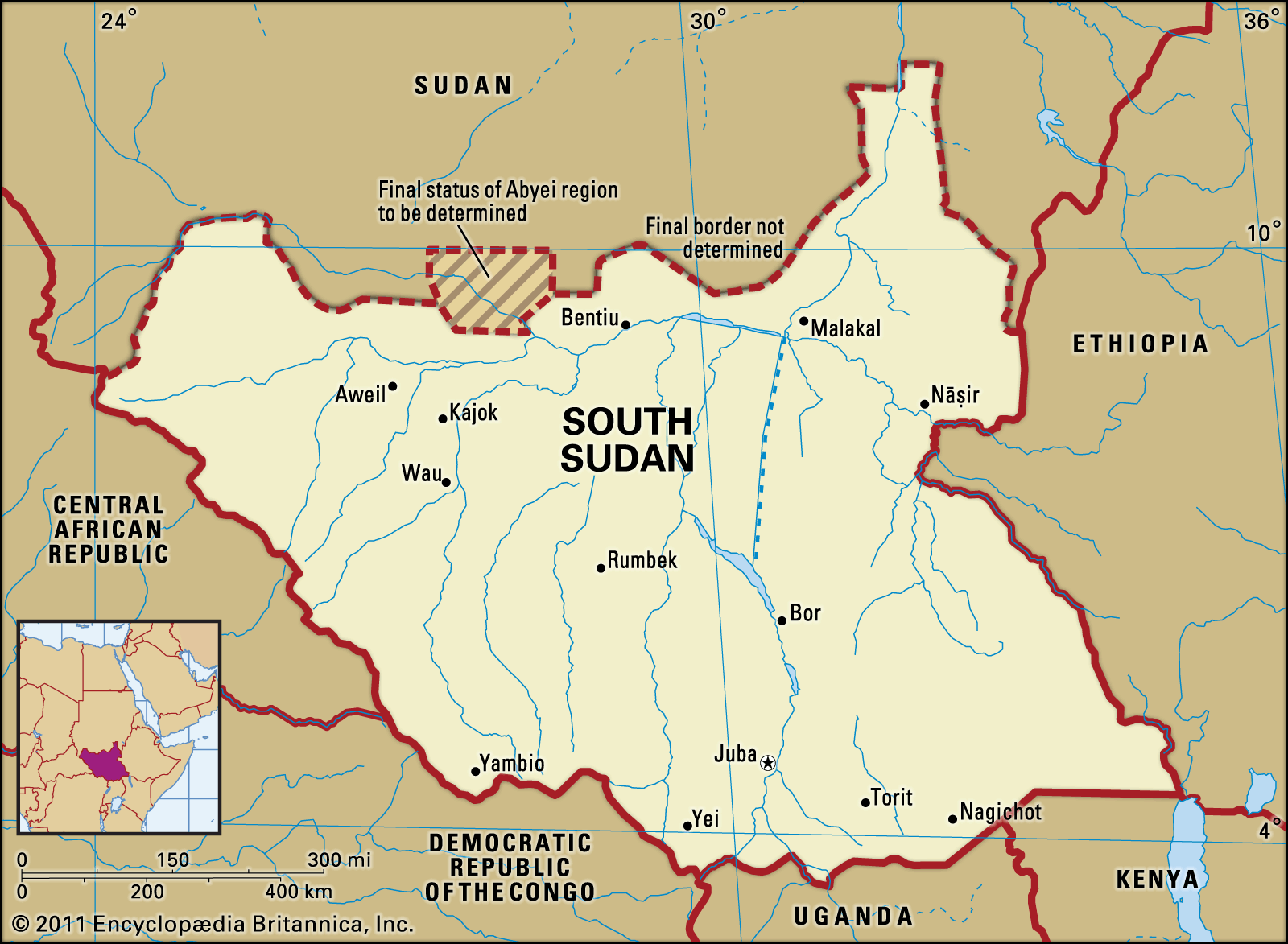During her formative years, Mayowa Ahmed grappled with a blood disorder, which she managed to keep under check thanks to early detection.
Yet not for so long. She came down with frequent fevers and persistent stomach pains towards the end of her degree program. Medical diagnoses seemed elusive, with doctors attributing her discomfort to ulcers.
Multiple consultations, followed by hospital admissions, saw misdiagnosed symptoms. In 2016, however, one diagnosis showed that Mayowa had Stage IV ovarian cancer. Her condition had worsened by then. Persistent bloody stools, followed by drastic weight loss.
Unable to afford a life-saving surgery, Mayowa’s family turned to the public for support, launching a GoFundMe campaign with the goal of raising thirty-two million naira. The campaign had an extended reach across social media, as a few celebrities pushed the campaign using the hashtag #Savemayowa.
With an overwhelming support from the Internet, Mayowa embarked on the crucial surgery that held the promise of a new lease on life.
What is Ovarian Cancer?
Ovarian cancer refers to the development of cancerous growth that starts in the ovaries, the female reproductive organs that produce eggs.
Symptoms may be imperceptible during its early stages; but as the disease progresses, women may experience discomfort or pressure in their lower abdomen, along with vaginal bleeding. These signs can serve as indicators that prompt medical attention to be sought.
As the curtains rise on the stage of medical statistics, the numbers surrounding ovarian cancer cast a somber shadow over countless lives. According to the American Cancer Society (ACS), in 2022 alone, nearly 19,880 individuals in the United States were thrust into the daunting realm of ovarian cancer diagnosis.
Tragically, about 12,810 souls succumbed to this relentless disease, leaving behind a profound impact on families and communities. Furthermore, the ACS reports that approximately 1.1% of women will confront an ovarian cancer diagnosis at some point in their lives, emphasizing the pervasive nature of this ailment.
Venturing beyond borders, the global landscape of ovarian cancer paints a similarly grim picture. In 2018, global oncology research revealed a staggering 300,000 new cases reported worldwide, with an alarming 184 lives lost to the relentless grip of this disease. In regions like Nigeria, ovarian cancer emerges as the second most prevalent gynecological cancer, trailing closely behind breast cancer, constituting a significant portion of gynecological malignancies in approximately 30.5% of cases.
Shockingly, it ranks as the sixth most frequent cancer among women in the country, leaving a poignant mark on healthcare systems and communities alike. In 2012, the toll of ovarian cancer in Nigeria manifested in 1,723 new cases, echoing an estimated age-standardized incidence rate of 3.1 per 100,000 women, as reported by published research.
Delving deeper into the Nigerian narrative, ovarian cancer emerges as a formidable adversary, claiming the lives of approximately 1,300 women in 2012 alone. The crude mortality rate of 3.2% starkly illustrates the toll exacted by this disease within the population, serving as a grim reminder of its far-reaching consequences. Additionally, the estimated age-standardized mortality rate of 2.5 deaths per 100,000 women offers insights into the nuanced epidemiological landscape, shedding light on the challenges faced in combating ovarian cancer within the Nigerian context.
In the realm of prevention, navigating the labyrinth of ovarian cancer risk factors becomes paramount in the quest for empowerment and proactive healthcare. While there is no foolproof method to ward off ovarian cancer, certain factors offer a glimmer of hope for mitigating its onset. The Center for Disease Control and Prevention underscores the potential influence of factors such as prolonged use of birth control pills and prophylactic procedures like the removal of ovaries.
However, the decision to embrace these preventive measures warrants careful consideration and consultation with healthcare experts. While birth control pills may confer a degree of protection against ovarian cancer, they may concurrently heighten the risk of breast cancer, underscoring the intricate balance of risks and benefits inherent in preventive strategies. Ultimately, empowering women to engage in informed discussions with healthcare providers serves as a cornerstone in navigating the complex terrain of ovarian cancer prevention.
In the realm of diagnosis, the absence of a routine screening method for ovarian cancer poses a formidable challenge in the landscape of women’s health. Unlike the structured protocols for breast and cervical cancer screening, ovarian cancer eludes early detection due to the lack of a reliable screening test.
Merely 20% of ovarian cancers are identified in their incipient stages, exacerbating the urgency for enhanced diagnostic modalities. The insidious nature of ovarian cancer symptoms, often vague and easily overlooked, further complicates early detection efforts, as exemplified in the poignant narrative of Mayowa, a promising food entrepreneur whose battle with ovarian cancer underscored the urgent need for improved diagnostic strategies.
Against this backdrop of adversity and resilience, World Ovarian Cancer Day emerges as a beacon of hope and solidarity in the global fight against ovarian cancer. Since its inception in 2013, this annual observance on May 8th serves as a poignant reminder of the collective strength and determination in confronting ovarian cancer.
United in purpose, women and stakeholders worldwide converge to amplify their voices and advocate for enhanced awareness, research, and support systems in the ongoing battle against ovarian cancer.
In the face of daunting statistics and sobering realities, the journey towards conquering ovarian cancer remains fraught with challenges and uncertainties. Yet, amid the shadows of despair, glimmers of hope emerge, fueled by the resilience and unity of individuals and communities worldwide in the relentless pursuit of a future free from the scourge of ovarian cancer.





